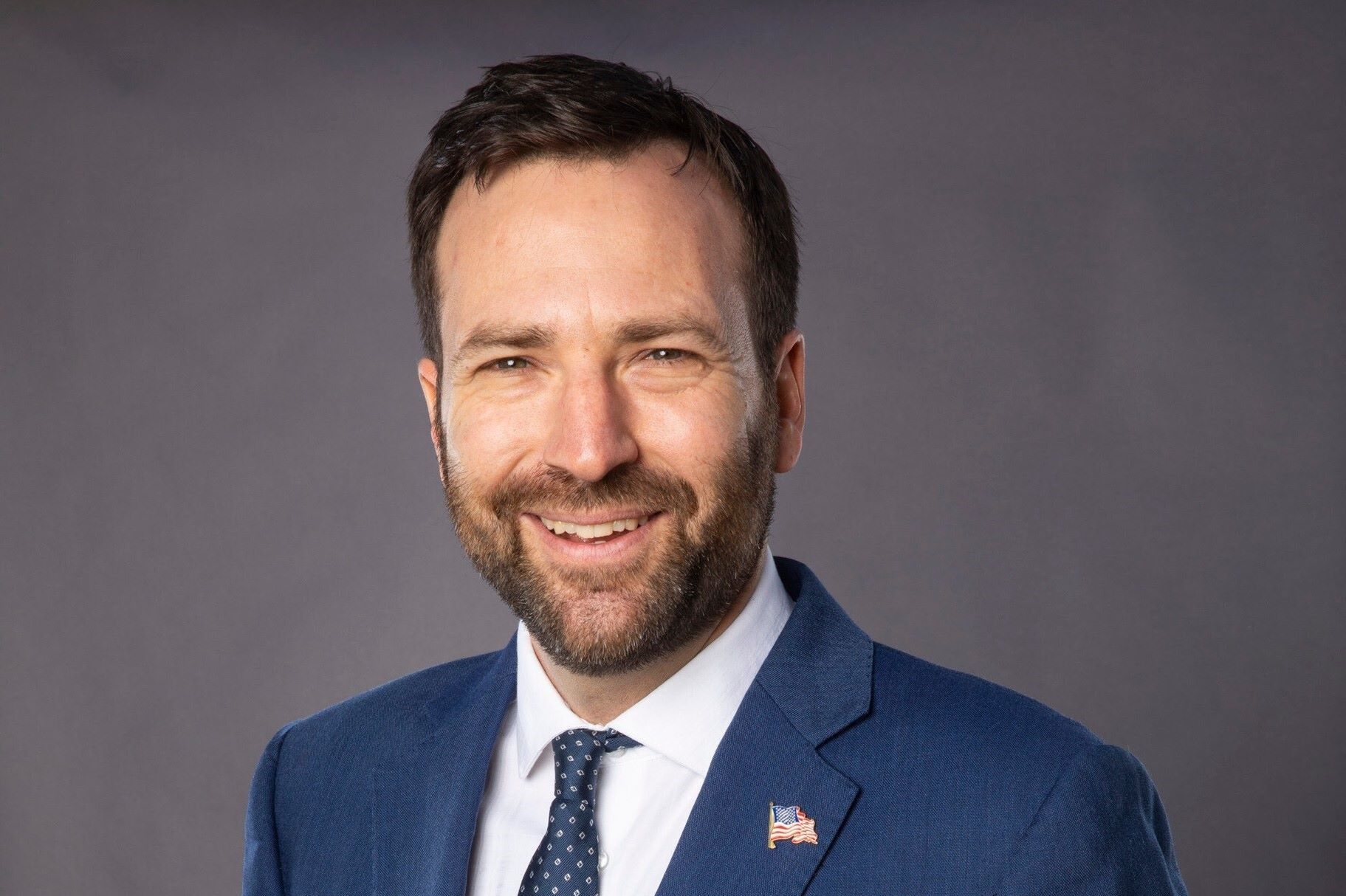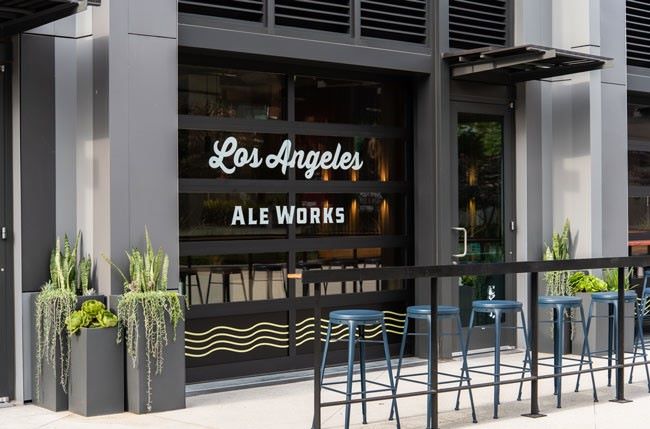Senator Ben Allen, who represents a large portion of the Westside including Beverly Hills, Santa Monica, Marina Del Rey, Venice, and West Hollywood, has introduced many pieces of legislation this year. Let’s take a look at several of his bills, with more to follow in a subsequent article:
Electric Vehicle Battery Recycling
California has more than 400,000 electric vehicles on the road. The lifespan of those batteries is estimated to be between 10 to 20 years. All EV batteries contain metals and other toxic or corrosive materials, and when the lithium-ion batteries that power electric cars reach their end-of-life, they will need to be managed in a way that is safe for the public and the environment.
SB 615 would establish a program that would require all EV batteries to be recycled at the end of their life. Widespread battery recycling would help keep hazardous materials from entering the waste stream, both at the end of a battery’s useful life and during its production.
California currently lacks a policy framework to ensure batteries are reused or repurposed when possible, and recycled when no longer useful.
A recent study commissioned by engineered battery materials company Ascend Elements found that 71 percent of U.S. adults say they are concerned about the disposal of used EV batteries, which is up from 54 percent in 2022. About 56 percent of survey respondents say EV batteries will cause “toxic landfills,” up from 48 percent in 2022.
Cannabis Retail Food and Beverage Sales
In 2016, Proposition 64 legalized recreational use of cannabis for adults 21 years of age and older in California. Due to state regulations, cannabis lounges legally allowed to operate are unable to prepare or serve customers with non-cannabis food and non-alcoholic beverages made on-site, and other retailers are unable to sell pre-packaged items.
SB 285 would put the decision-making power in the hands of local governments while respecting the ballot measure that legalized cannabis use and would enable local governments to allow authorized cannabis consumption lounges to prepare and serve non-cannabis-infused, non-alcoholic beverages and food.
Additionally, SB 285 would allow locals to authorize the sale of pre-packaged food and beverage items to any cannabis retailer.
Wildfire Evacuation Standards
Six of the seven largest wildfires in California history have occurred since the 2020 season, and 93 percent of the State Responsibility Area of Los Angeles County is seated within a very high fire hazard severity zone.
SB 571 would ensure that communities are designed with the reality of a potential wildfire emergency by requiring an evacuation plan created in coordination with the relevant emergency authorities charged with evacuation.
Additionally, during the planning and approval process of new developments in at-risk areas, advocates would be required to create a thorough evacuation plan with efficient access routes based on specified metrics and necessary safeguards.
Specifically, the bill would require that proponents of qualifying developments identify safe routes for evacuation, conduct a transportation engineering study along proposed routes, display fire modeling possibilities through a wildfire behavior study, and identify areas of safe refuge in the event evacuation becomes unsafe or impossible. The plans would be made electronically available to the public, with fire and law enforcement the right to be involved in the planning process.
SB 867 would propose a general obligation bond to build on recent state investments. The measure proposes to fund projects that reduce fire risk and restore already-damaged areas, such as restoring and protecting affected wetlands, watersheds, waterways, coastal resources, and fish and wildlife populations while also protecting the state’s biodiversity while reducing impacts in communities and on vulnerable populations while addressing extreme heat events.
Additionally, it would support outdoor access and improve the resiliency of the state’s water supplies and agricultural lands.
The bill would also provide fundamental investments to help California become more resilient to climate change and reduce the impacts of climate-related natural disasters.
The cost of climate change for California alone could be more than $113 billion annually by 2050, according to California’s Fourth Climate Change Assessment prepared by the California Natural Resources Agency, the California Energy Commission, and the California Governor’s Office of Planning and Research.
Another piece of legislation by Senator Allen, SB 867, would authorize the issuance of $15,500,000,000 in bonds under the State General Obligation Bond Law to finance projects for drought, flood, and water resilience, wildfire and forest resilience, coastal resilience, extreme heat mitigation, biodiversity and nature-based climate solutions, climate-smart agriculture, park creation and outdoor access, and clean energy programs.
Household Hazardous Waste Producer Responsibility
Thousands of everyday household products are classified as hazardous household waste (HHW) due to the products posing severe threats to residents, animals, and the environment if improperly managed when the consumer product is finished.
The Department of Toxic Substance Control regulates the disposal of HHW through a requirement on municipal solid waste institutions to provide for safe collection, along with a prohibition on the products being sent to landfills.
SB 1143 would require manufacturers of the most toxic consumer products to fund and ensure convenient access to a system for the safe collection, transportation, and disposal of HHW while shifting the cost burden of managing HHW disposal from local jurisdictions and ratepayers to the manufacturers.
“Local governments are spending millions of dollars to provide household hazardous waste services – a cost born by ratepayers. Even with these investments, residents lack convenient disposal options for toxic products, resulting in unnecessary and dangerous risks,” Senator Allen said. “The Household Hazardous Waste Producer Responsibility Act creates a pathway for meaningful improvements in California’s waste management systems.”
The bill would replace California’s current patchwork system of managing HHW with an extended manufacturer responsibility program, paid for by the manufacturers, required to enhance consumer convenience and improve the collection and management of the most toxic household products.
Additionally, manufacturers of the products must join a Producer Responsibility Organization and develop a producer responsibility plan detailing how the industry will meet this standard. The plan’s costs will be proportionally distributed to member producers based on sales volume and relative disposal costs, encouraging less toxic alternatives and ensuring producers pay their fair share.
Pacific Coast Highway Traffic Safety
Since 2010, 59 people have been killed in vehicle accidents along a 21-mile stretch of PCH. Crash data from the Los Angeles County Sheriff shows that in 2023 alone there were 127 property damage collisions, 93 injury collisions, and seven deaths. A primary factor in all of these incidents was high vehicle speed.
“As a father, I am heartbroken every time I see yet another news report of a fatal car crash on PCH,” said Senator Allen. “The Malibu community is devastated by far too many serious injuries and deaths each year. Today’s passage of SB 1297 out of committee is the first step to providing the City with the necessary tools to crack down on reckless speeding and save lives.”
The National Highway Transportation and Safety Administration reports that in 2022 alone, traffic accidents killed over 4,400 Californians. According to the National Transportation Safety Board, speeding is a factor in a third of all traffic fatalities.
A National Traffic Safety Board review of speed camera programs worldwide shows that speed cameras reduce vehicle speeds and crashes by 54 percent.
SB 1297 would expand California’s automated speed camera enforcement pilot program to include a stretch of a dangerous state highway through the City of Malibu. The bill would also create a pilot program to allow the usage of five-speed cameras on Pacific Coast Highway through the City of Malibu to enforce speed limits.
To utilize the pilot, the City of Malibu would have to adhere to the same privacy, equity, and reporting requirements as the speed camera program established by AB 645. Additionally, the City would not be allowed to reduce law enforcement staffing and would be required to post speed feedback signs at each camera location.
The Centers for Disease Control, NTSB, Federal Highway Administration, and the California Transportation Agency have recommended speed safety cameras to enforce speed limits.
Fines collected through this program will further improve safety by funding the construction of physical roadway changes that alter driver behavior and calm traffic to protect pedestrians and cyclists.
Photo courtesy of Senator Allen’s office.
Stay informed. Sign up for The Westside Voice Newsletter
By clicking submit, you agree to share your email address with Westside Voice. We do not sell or share your information with anyone.







